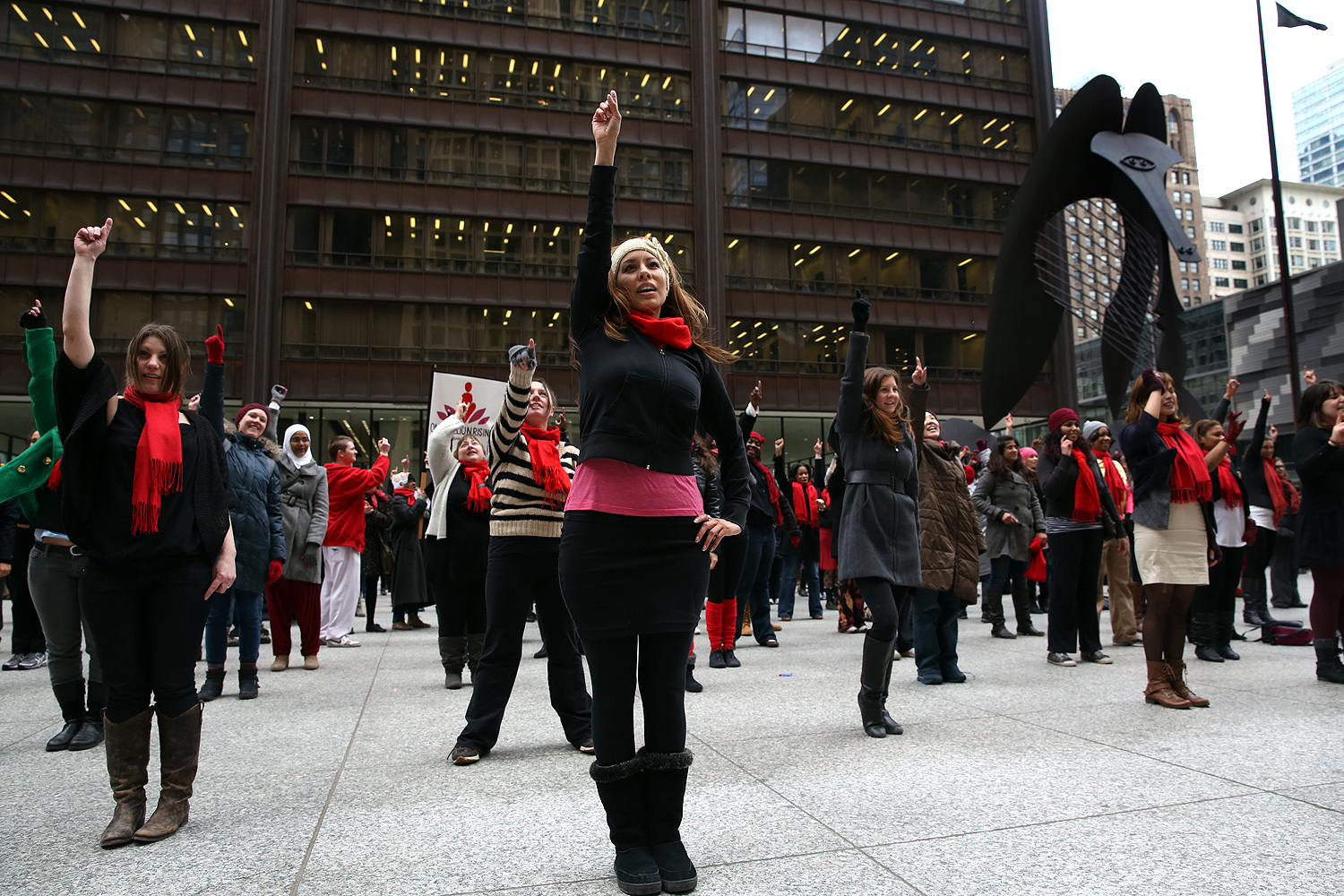The other day, Sun-Times columnist Mary Mitchell wrote a column titled "Rape Case Sends Mixed Messages on Prostitution." It's about a woman who claims that, having arranged payment for sex, she was raped at gunpoint. Three days later the column is the number-one story on the Sun-Times's "Trending Now" sidebar, and not for good reasons. It's trending because of lines like this:
"I don’t have one iota of sympathy for [the accused's] plight. But I’m grateful he isn’t being accused of snatching an innocent woman off the street."
And this:
"Unfortunately, the way this case is being handled makes it look like sex trafficking is a legitimate business."
And this:
“It’s tough to see this unidentified prostitute as a victim. And because this incident is being charged as a criminal sexual assault — when it’s actually more like theft of services — it minimizes the act of rape.
When it's more like theft of services.
A thought experiment: say an unlicensed cab driver was forced to drive around the city at gunpoint after being pistol-whipped. In this case, someone engaged in an illegal act for money with a stranger, one that bears some risk, in that driving a cab is not a risk-free endeavor. I suspect that most people would consider that unlicensed cab driver first as an assault victim who had been taken hostage, and someone whose services had been stolen a far distant second. Does the fact that the service in this case was sex mean that the victim was, I don't know, asking for it?
Speaking of which: Asking For It is the title of a new book by Kate Harding, a Chicago writer who recently decamped to Minneapolis. I'm talking to her later today about it. The subtitle is "The alarming rise of rape culture—and what we can do about it." And this is on page five:
At some point in their lives, one in five women and one in seventy-one men will find out what it's like to be raped. Among the most vulnerable and marginalized populations—people of color, bisexual and transgender men and women, children, prisoners, sex workers—the numbers are even more nauseating.
[snip]
Even if you are a Western woman, empathizing with others of that cohort might not be as easy as it sounds. After all, it was a female judge, Teresa Carr Deni of the Philadelphia Municipal Court, who described the armed gang rape of a twenty-year-old sex worker as mere "theft of services" and told a reporter that such a case "minimizes true rape cases and demeans women who are really raped."
It's the exact same language, eight years later. Not that I assume Mitchell is lifting her words straight from that case; the point of Harding's book, broadly, is the persistence of these beliefs. I reached out to Mitchell for comment. At presstime I hadn't heard back.
(By the way, when Carr Deni issued her ruling—she didn't just describe the incident as "theft of services," she actually reduced the charges from rape to, literally, theft of services. The Philadelphia Bar described it as an "unforgivable miscarriage of justice" and said that "the victim has been brutalized twice in this case: first by the assailants, and now by the court.")
When Mitchell writes that "the way this case is being handled makes it look like sex trafficking is a legitimate business"—wait, wouldn't calling it "theft of services" do that too?—I can't help but read this as "if we ensure that prostitution is sufficiently dangerous, maybe people won't do it."
Not only has this not been shown to be a deterrent in millennia of human history, it feeds back into sexual violence, as Diana Scully and Joseph Marolla found in a study of convicted rapists (emphasis mine):
The intent of these discrediting statements is clear. Deniers argued that the woman was a "legitimate" victim who got what she deserved. For example, one denier stated that all of his victims had been prostitutes; pre-sentence reports indicated they were not. Several times during his interview, he referred to them as "dirty sluts," and argued "anything I did to them was justified." Deniers also claimed their victim had wrongly accused them and was the type of woman who would perjure herself in court.
Through justifications, they constructed a "controversial" rape and attempted to demonstrate how their behavior, even if not quite right, was appropriate in the situation. Their denials, drawn from common cultural rape stereotypes, took two forms, both of which ultimately denied the existence of a victim.
Aside from the cold lack of empathy, it evinces a strange set of priorities: Do you want to diminish violence, or prostitution? Places that have eased up or permitted the latter have seen the former decline:
There is some strong evidence to suggest that decriminalization can protect sex workers, and all women, from violent crime. According to a recent paper from the Bureau of Economic Research, rates of rape dropped dramatically after the state of Rhode Island decriminalized indoor prostitution for six years. (In fact, the 31 percent drop in number of reported rapes as so significant that the researchers re-confirmed the data with three separate statistical methods.) After Germany and New Zealand decriminalized sex work, rates of violence against sex workers in those countries similarly decreased.
Mitchell's column may be shocking, but it's not surprising. These beliefs permeate culture, and that includes the media and even the justice system. That culture is changing slowly, but Mitchell's piece, down to its direct echoes of a judge, shows how persistent it is.



